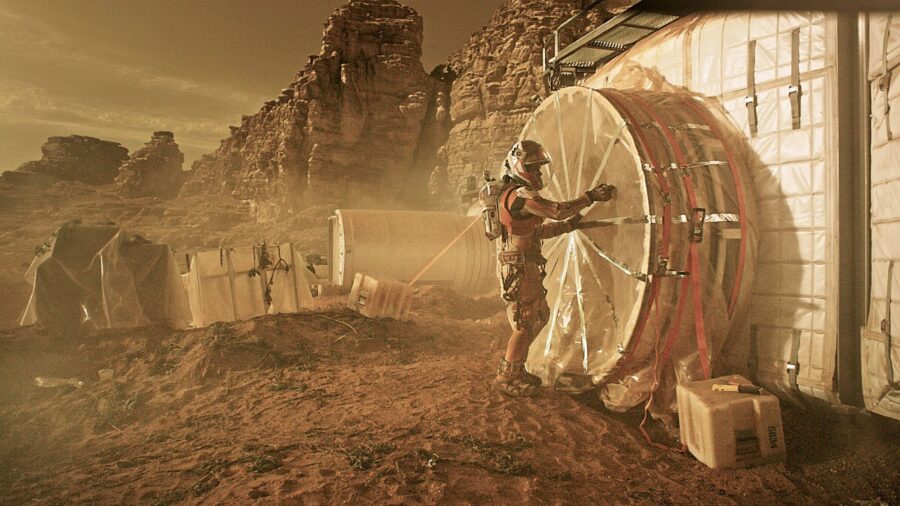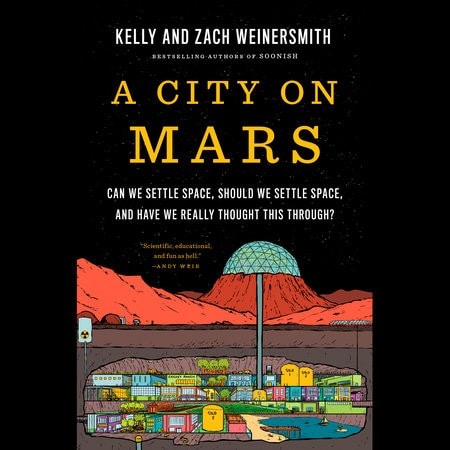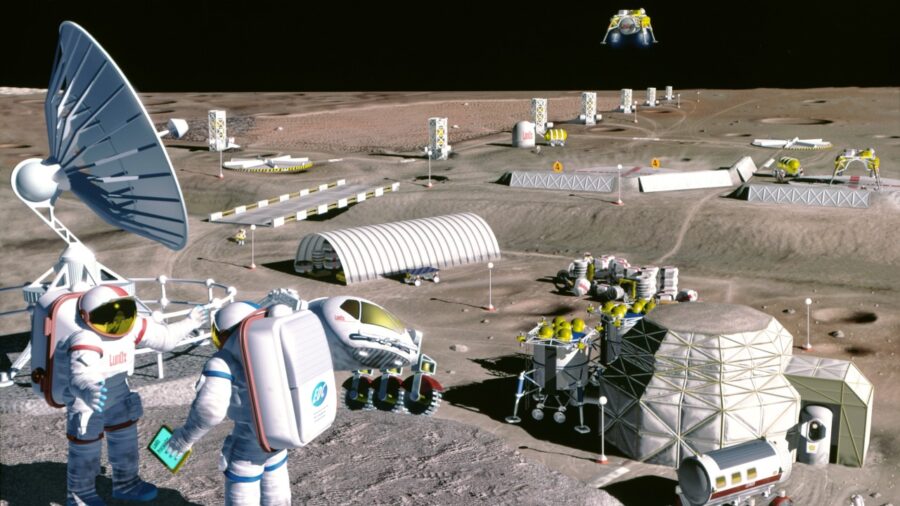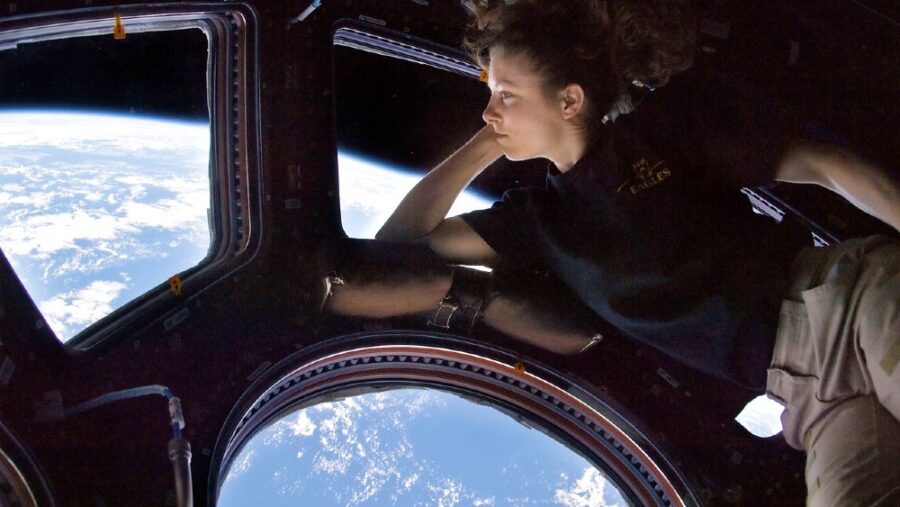A City On Mars Shoots Down Red Planet Colonization

A City on Mars is a book by married couple Kelly and Zach Weinersmith. The book was originally intended to talk about how exciting and awesome it is going to be to start colonizing the Moon or other planets, but Space.com published elements of an interview with the writers who told another story.
The Authors Changed Their Mind

Kelly Weinersmith and her husband developed the idea of A City on Mars after seeing what they felt was good evidence that space capabilities were quickly evolving. The two talked in the interview about how they felt like space colonies weren’t too far off from becoming a reality before delving into the process of writing the book.
However, once the couple dove into the research necessary to write the book, they quickly discovered that humans are not as close to living in space as some might think. There are a lot of different angles that have not yet been addressed, and the idea of space colonization becoming a reality anytime soon is a naively optimistic outlook.
A City On Mars Depicts How Difficult Colonization Would Be

Once the reality of what it would actually take to populate the Moon or another planet, the idea of moving in that direction doesn’t seem like the most feasible course of action, and A City on Mars addresses some extremely valid points.
For example, before colonizing space, there would have to be a way to govern the space (a way to make laws and enforce them). Reproduction and the implications space life might have on the process of bringing a child into the world would have to be considered.
Food And Politics Are Just A Few Things To Consider

How would people grow food? A City on Mars author, Kelly Weinersmith brought attention to the fact that the Moon is largely devoid of carbon, and we are carbon-based life forms. People would have to bring a lot of carbon to the Moon (or derive a way to create it) to be able to sustain life.
Territory and politics would also inevitably sneak into the whole situation. What happens if the United States claims what is seen as the “best” spot on the Moon, and then China comes along with a sense of ownership over the spot? Who even owns the Moon?
Space Colonies Are Still Far Off

It quickly becomes clear that the matter of space colonies is much more incomplete than most people comprehend. Throughout the process of writing A City on Mars, the Weinersmiths shifted their idealistic views on space colonization to a much more conservative perspective.
While Kelly and Zach are still excited about the idea, they do believe space colonization should be approached at a much slower pace. Elon Musk once claimed that he wanted to see a million people living on the moon by 2050, but there’s really no way that could happen and be safe.
A Realistic Appraoch

No one knows how a zero-gravity environment would affect reproduction (among other things), and there’s no way you could tell a million people to not get pregnant while they’re building a life on the Moon. It’s unrealistic, and a “let’s find out later” type of perspective is just dangerous. It would be a human experiment at this point.
Overall, A City on Mars provides a fun and thoughtful approach to the matter of space colonization. The subhead to the title says it all … “Can we settle space, should we settle space, and have we really thought this through”?











